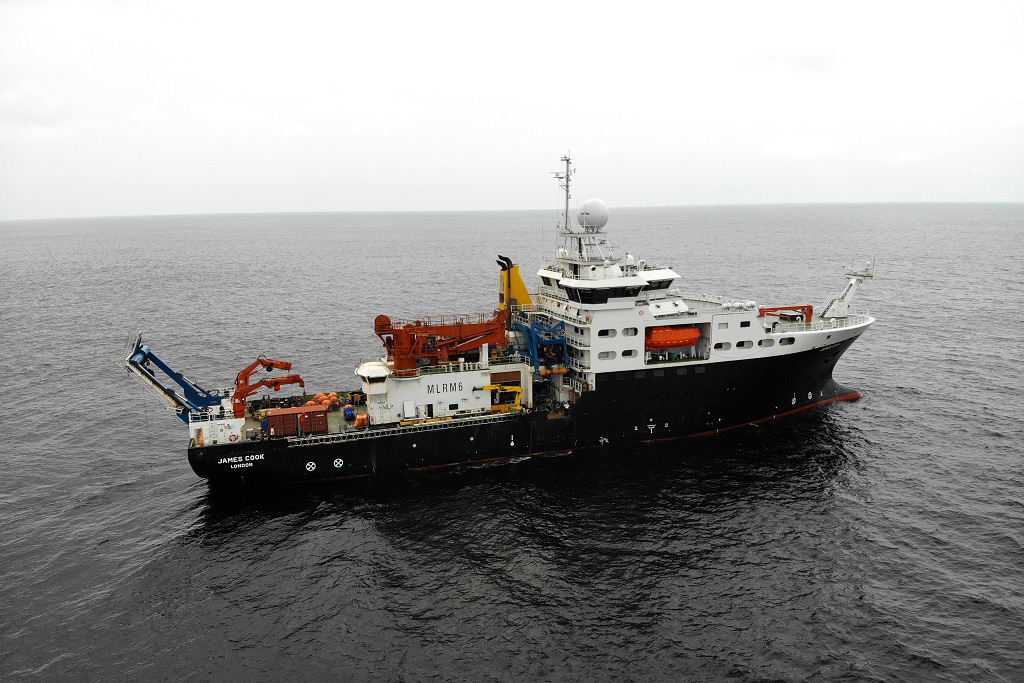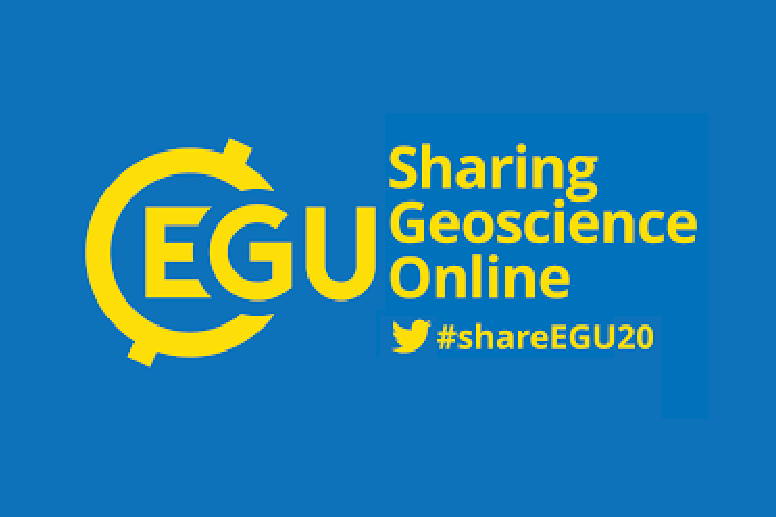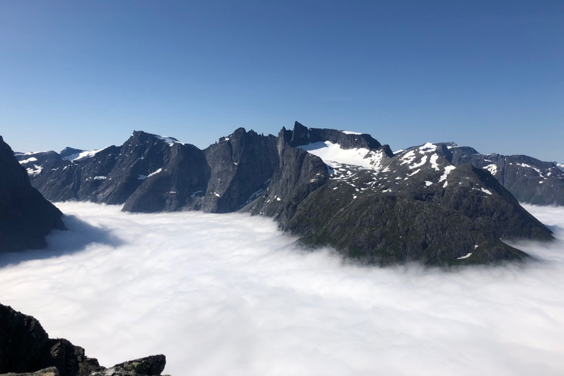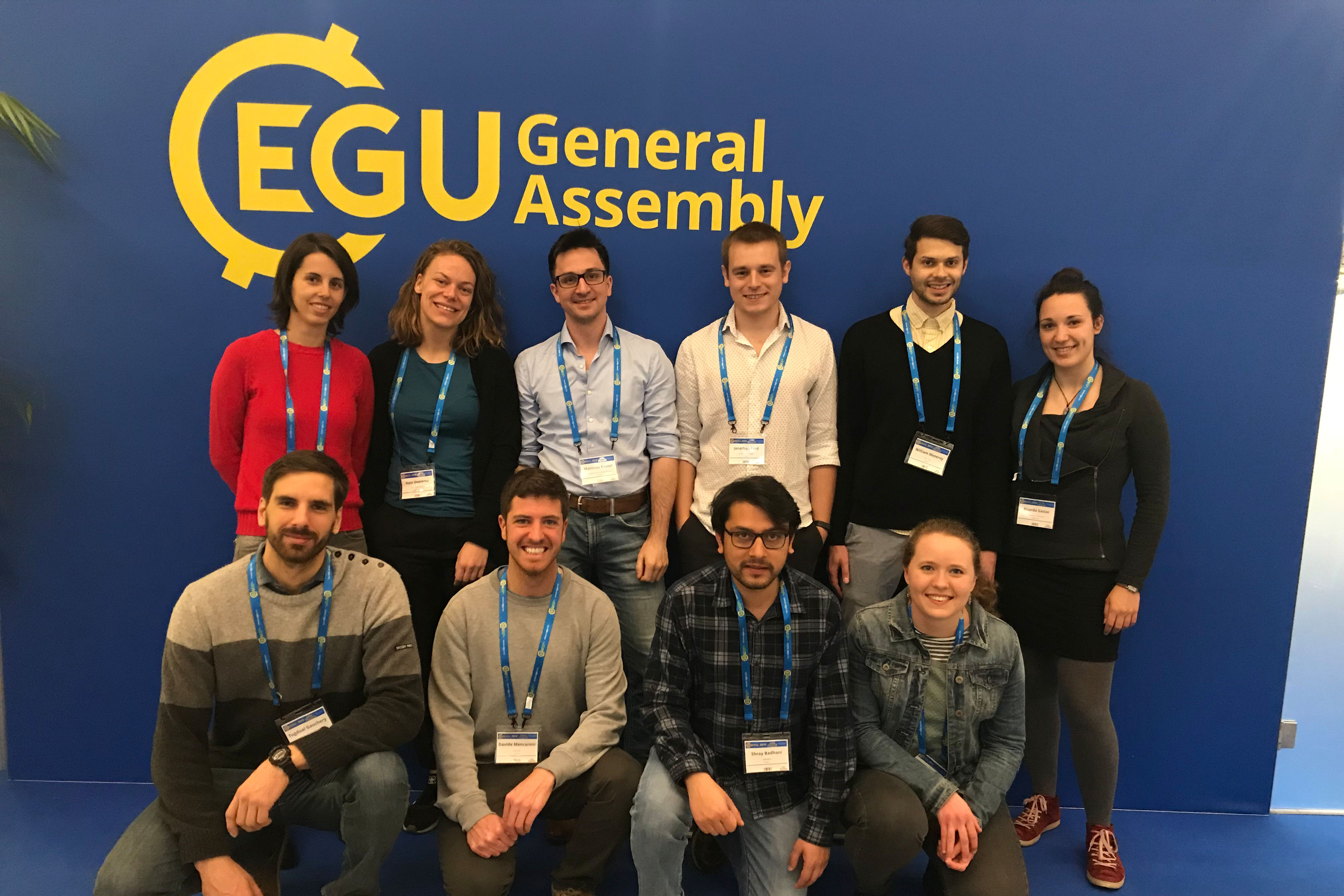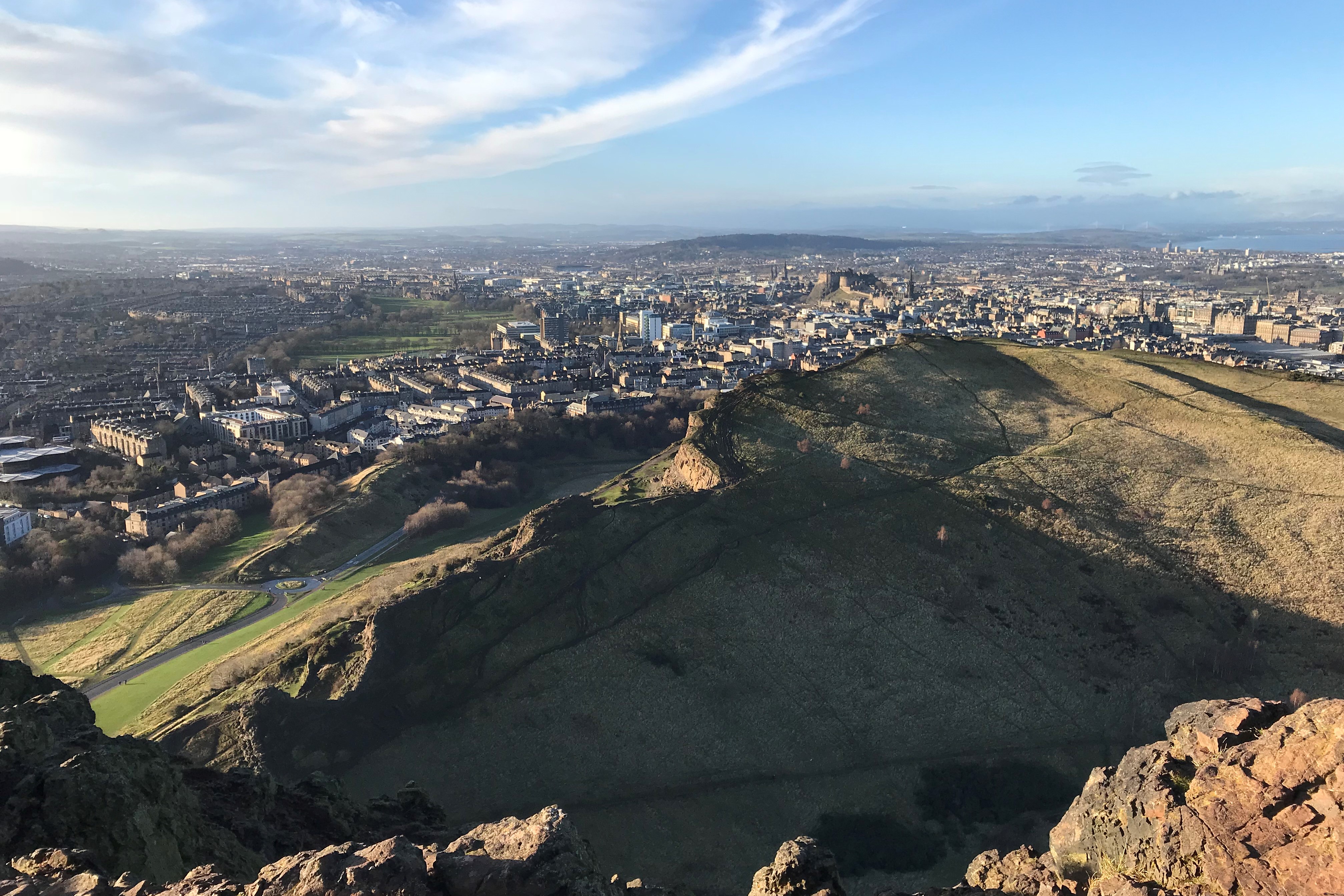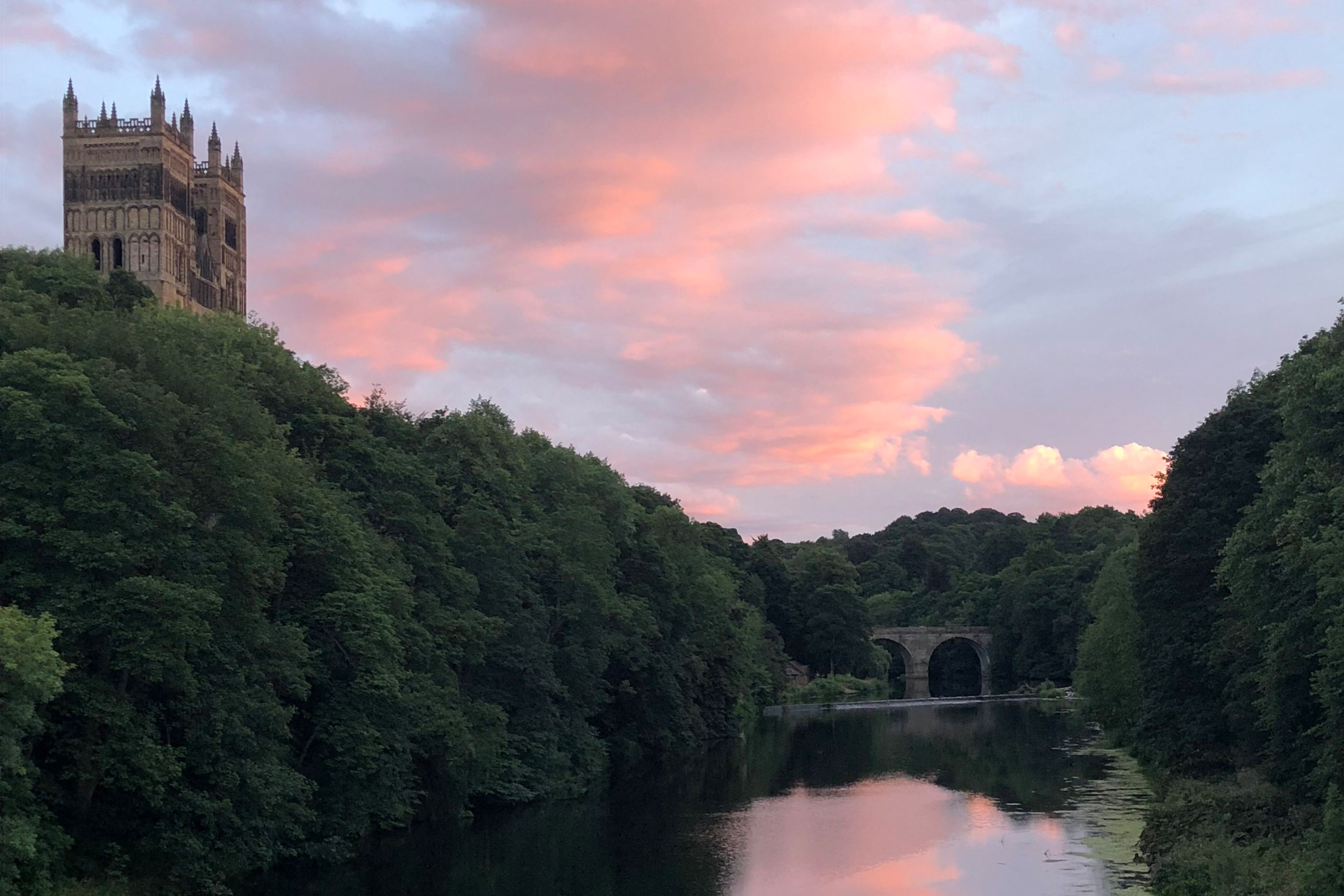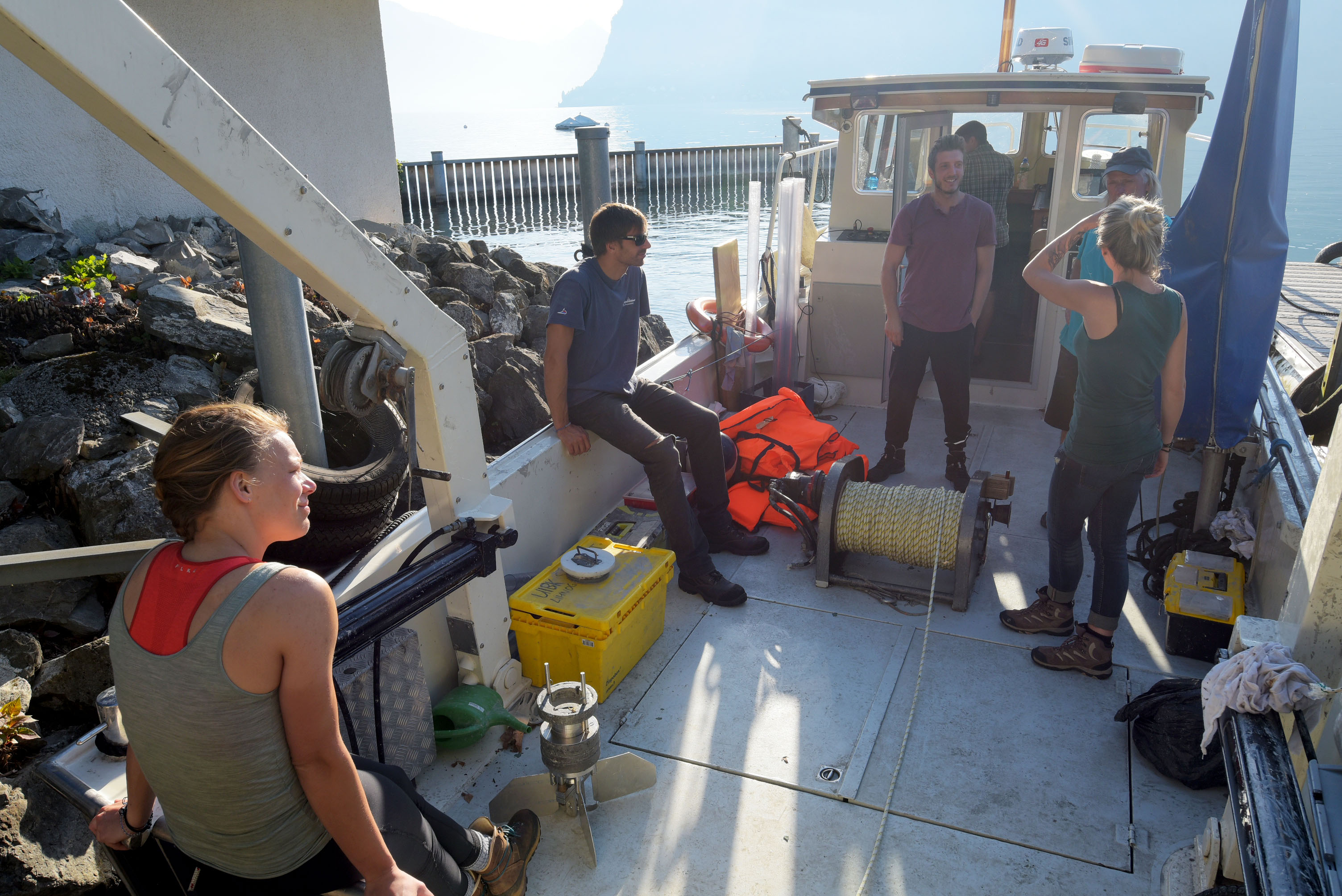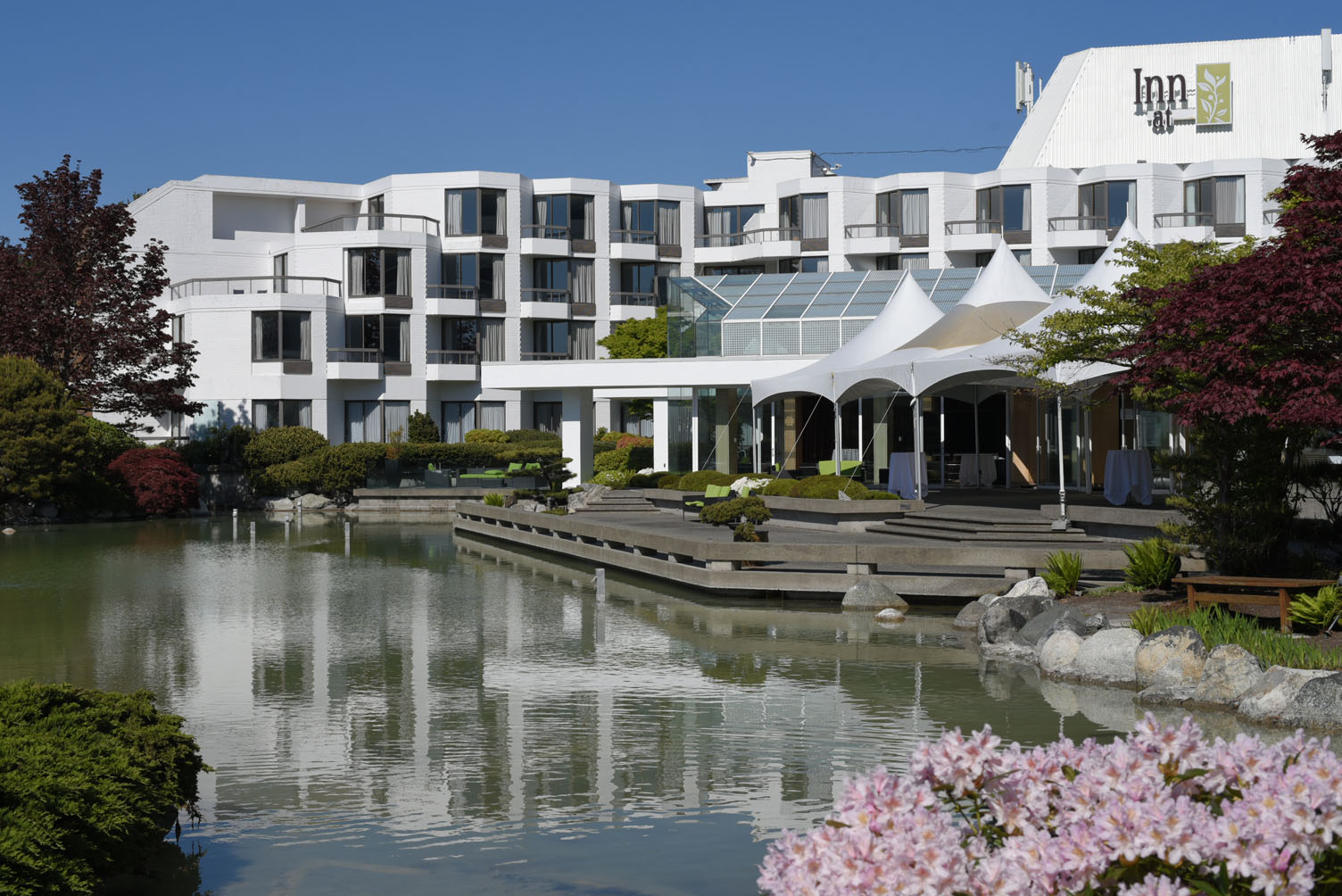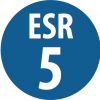
First time-lapse monitoring of fjord-deltas using new technology
Kate Heerema | Uni Durham
Research
Submarine gravity currents are one of the most important processes of moving sediments across our planet. However, direct monitoring of these flows has proven difficult due to their inaccessible, unpredictable and destructive nature. My research at Durham University utilises one of the first ever direct and detailed monitoring data of these underwater flows. There are two different test sites:
- Bute Inlet, Canada
- Monterey Canyon, USA.
Methods
Multiple moorings with Acoustic Doppler Current Profilers (ADCPs) were deployed for 6 months at Bute Inlet, and for 18 months in total in Monterey. Using Matlab, the ADCP data is analysed by looking at front flow properties, flow velocities, and flow intensity. This data is compared to internal and external flow parameters.
In addition, this research will include analysis of sediment cores obtained in Bute Inlet, and flow modelling at NGI, Oslo.
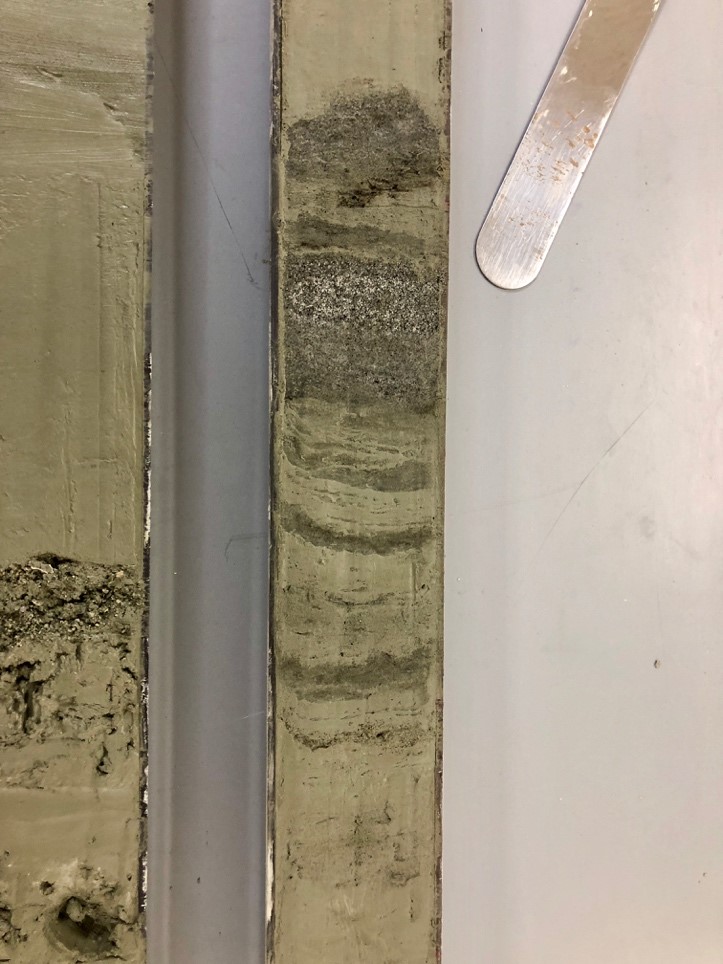
TEAM
NEWS
2020
@ Sharing Geoscience Online (4-8 May)
ESR 10, ESR 2, ESR 4, ESR 5, ESR 6, ESR 9, News
The biggest geoscience conference in Europe went online this year – but did it work? Read what our ESRs thought about this year’s EGU General Assembly, as conveners, authors/presenters and visitors.
2019
@ Vienna, Austria (07 – 12 April 2019)
Conferences, ESR 1, ESR 12, ESR 13, ESR 14, ESR 15, ESR 2, ESR 3, ESR 4, ESR 5, ESR 6, ESR 7, ESR 8, ESR 9, News
ESRs share their experience at the EGU General Assembly 2019 hosted in Vienna, Austria. Posters, oral presentations, PICOs and much more.
@ Edinburgh, Scotland (18-19 Dec 2018)
Conferences, ESR 10, ESR 5, ESR 9, News
Kate (ESR5), Ricarda (ESR9) and Maarten (ESR10) participated at the British Sedimentological Research Group Annual Group Meeting (BSRG AGM 2018), which was held the 19th and 20th of December 2018 in Edinburgh, United Kingdom. Read about their experiences of this conference here!
2018
behind the scenes @ Durham University, UK
ESR 5, News
Beside studying the submarine environment in a variety of ways, we all have been relocated as part of the EU programme. We live in countries we have not lived in before for extended amounts of time. So, besides the science side of our PhDs, we also get to explore and discover new countries and their cultures!
why do we actually meet?
ESR 5, ESR 8, News
What happens behind the curtain at an annual SLATE workshop? Starting off a series of blog posts on the recent gathering at Lake Lucerne, Kate (ESR5) and Stefano (ESR8) not only provide insight regarding the scientific activities, but as well point out additional benefits of such an event for the ESR students.
@ CCGS Vector
ESR 10, ESR 5, News
Kate and Maarten were fortunate enough to be part of a major coordination effort to explore turbidity currents in two fjords in British Columbia, Canada. They share their experience on board of CCGS Vector exploring these fascinating submarine mass flows in an equally fascinating landscape.
@ Victoria, Canada (7-9 May 2018)
ESR 1, ESR 10, ESR 15, ESR 3, ESR 5, News
Rachel, Tugdual and Maddalena share their experience of the 8th International Symposium on Submarine Mass Movements and Their Consequences (ISSMMTC) hosted in Victoria, Canada! This bi-/triannual conference supported by UNESCO’s International Geoscience Programme (IGCP) was a great opportunity for our young scientists to come together and discuss the latest in the growing field of submarine landslide research.


